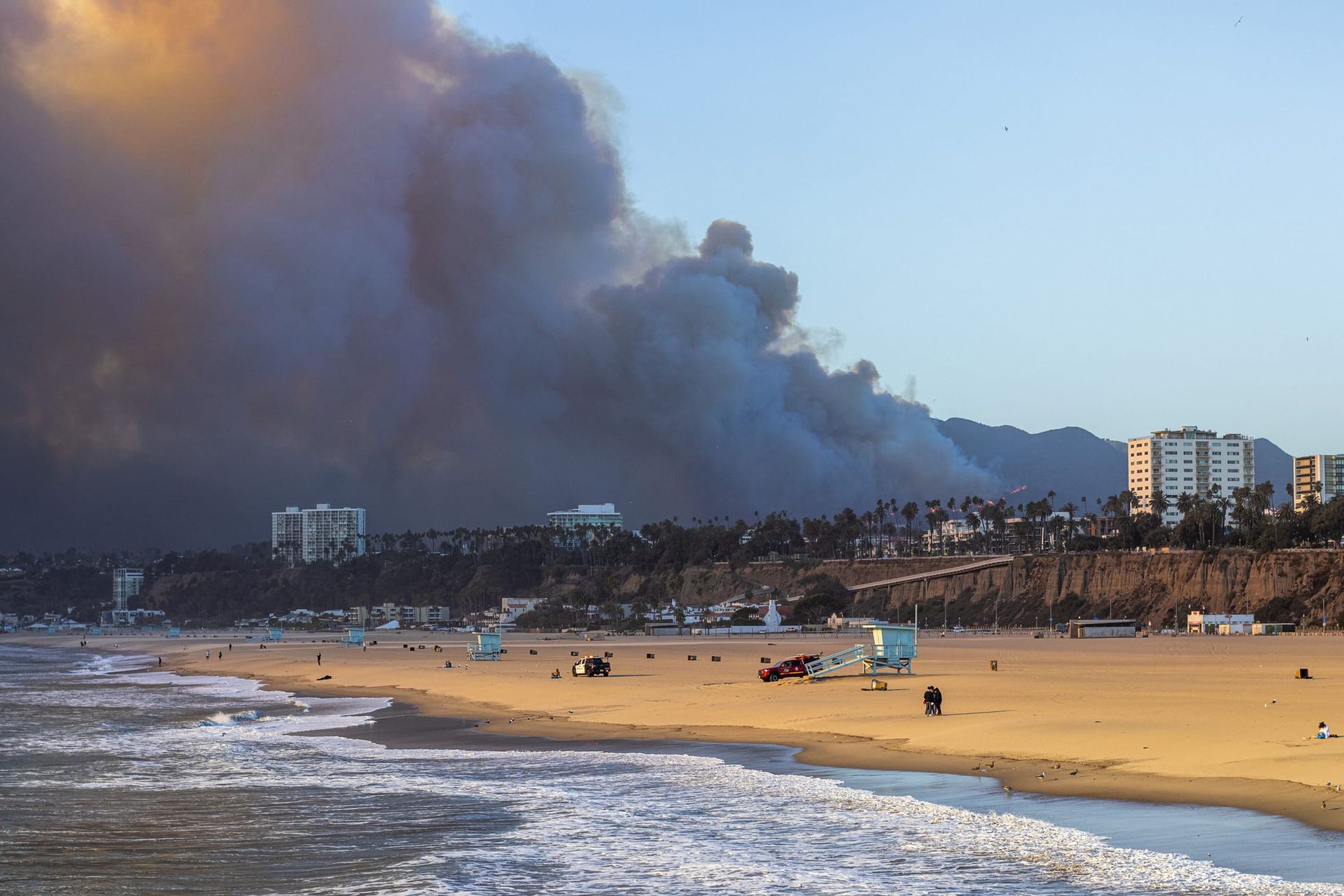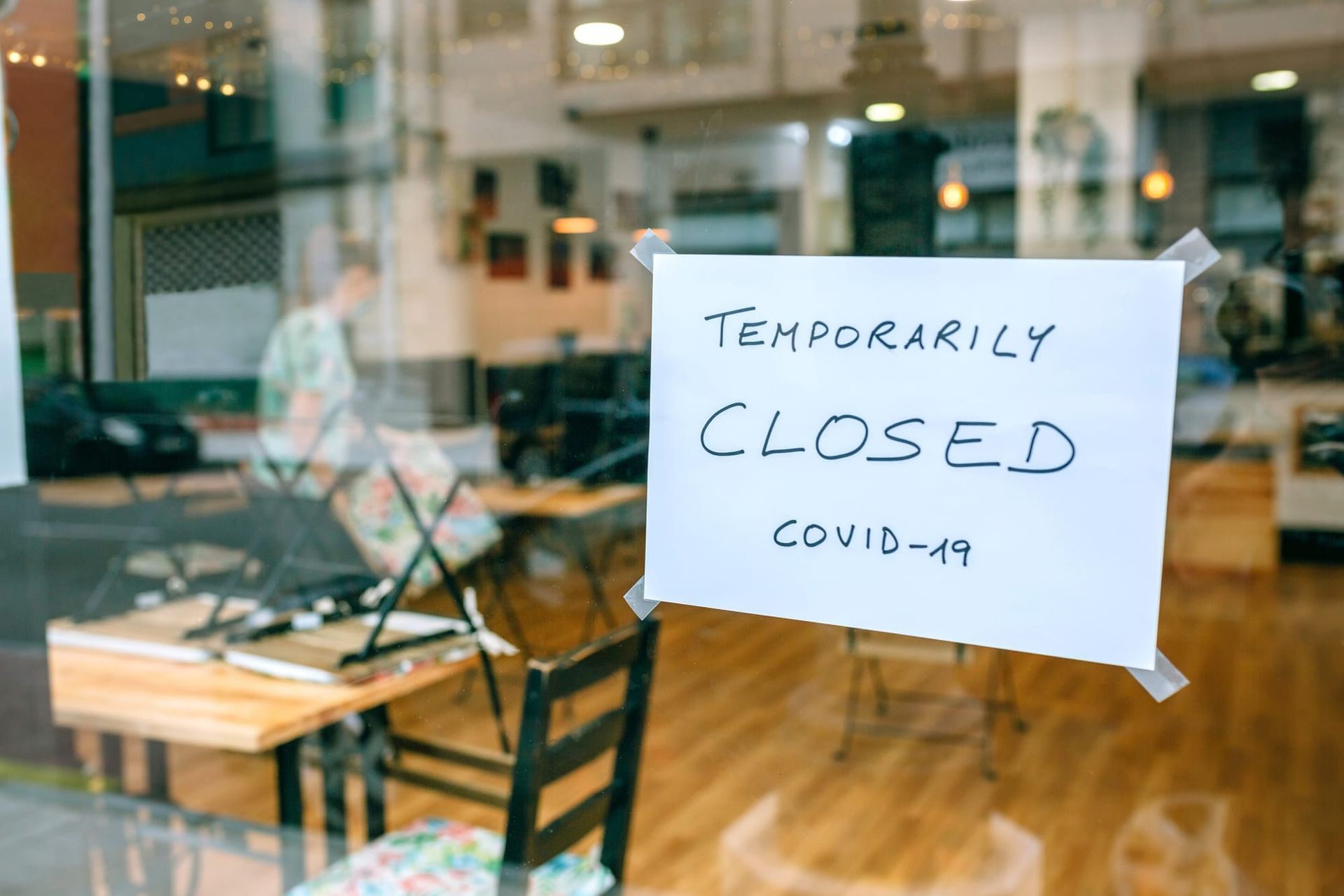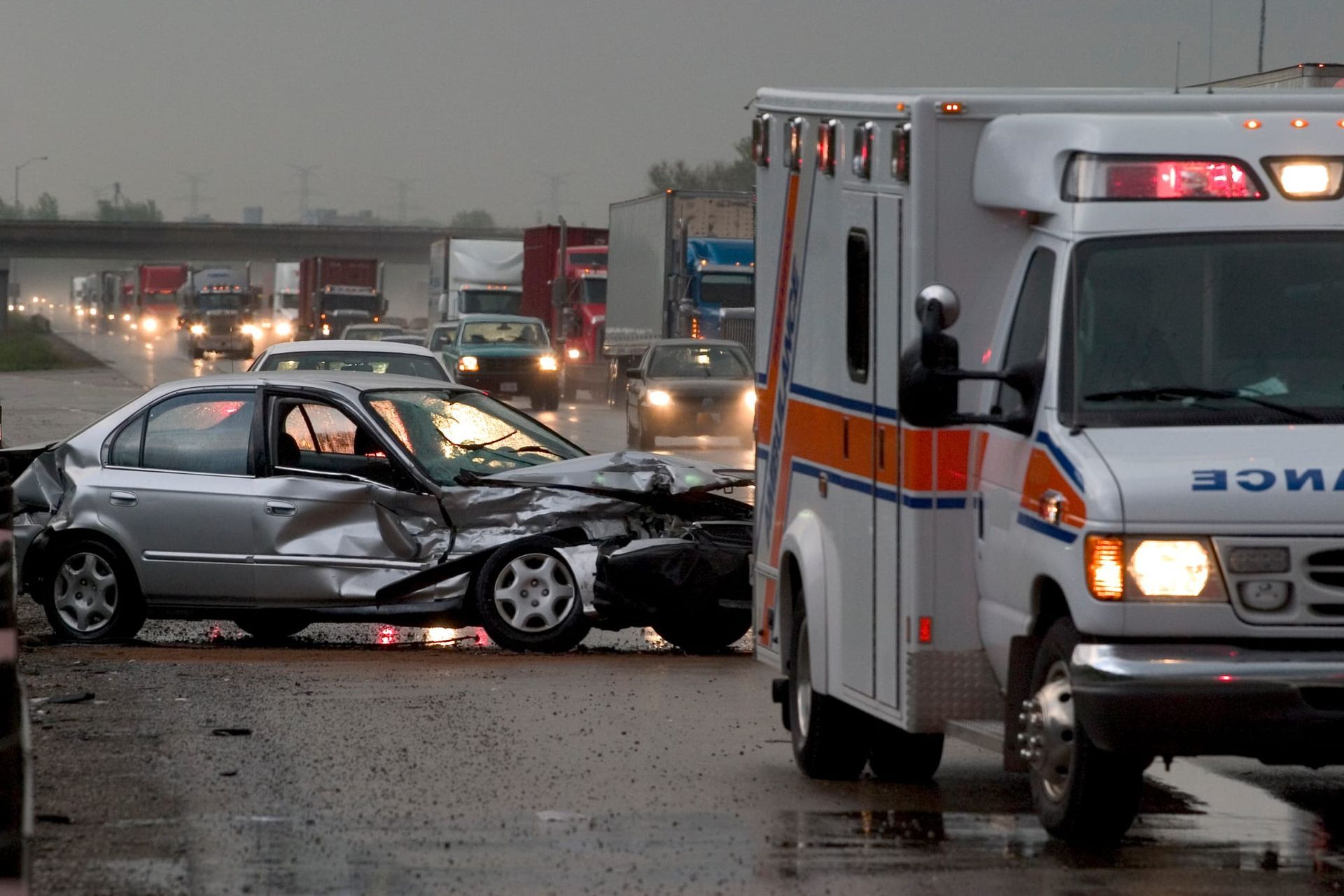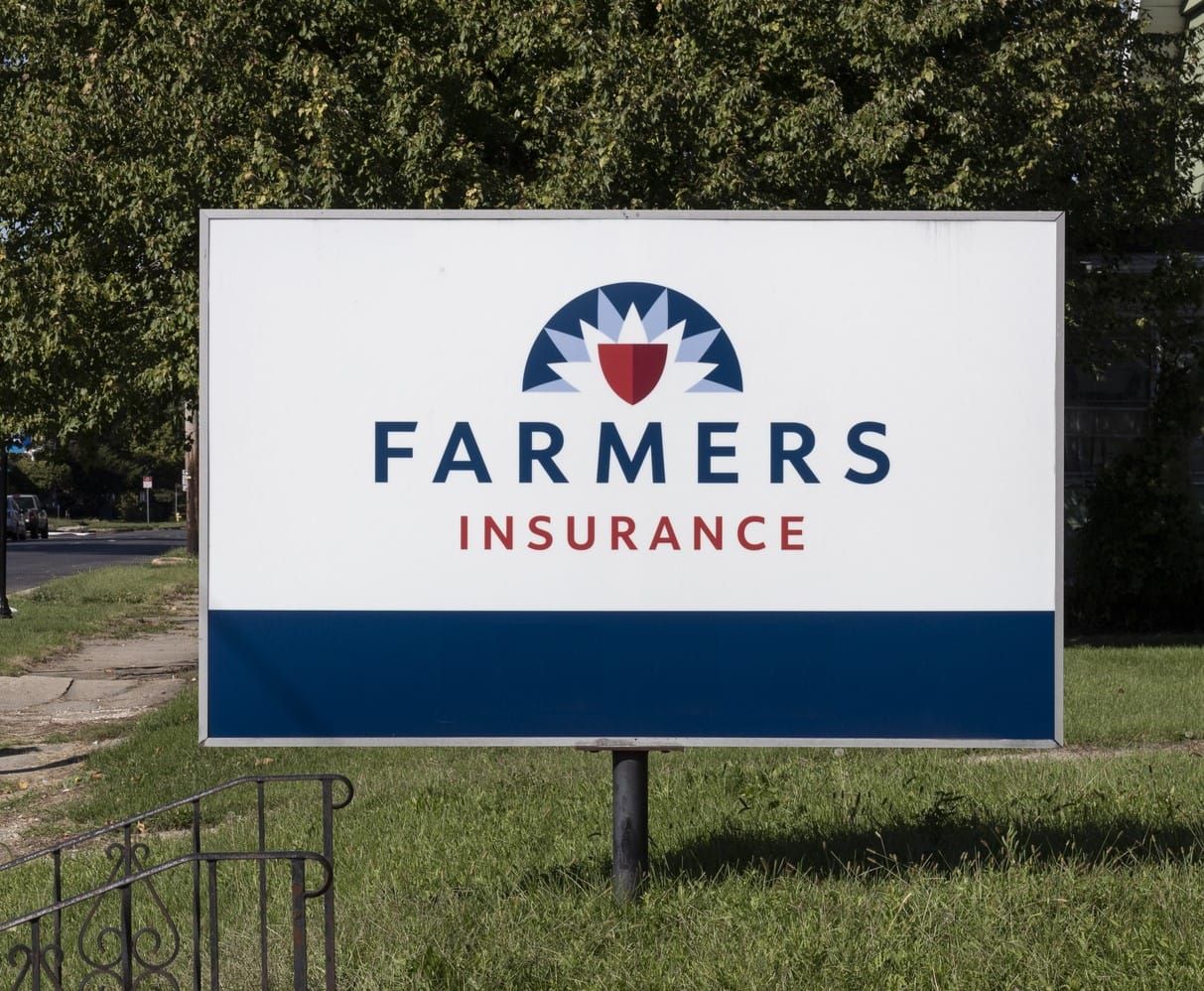LA fires will be major test of new disaster claims-handling rules

Prior to 2021, various wildfires in California led the Insurance Commissioner to issue a series of regulatory notices addressing how insurers were to handle certain matters fundamental to core homeowners' policy coverages. The language of these notices began as requests to insurers for voluntarily accommodations to assist wildfire victims, and, over time, evolved to take on a more compulsory tone. The vibe shift can be illustrated with a few examples:
- In 2017, it was "requested" that insurers extend Additional Living Expenses payments up to 36 months "if a policyholder was acting in good faith and with reasonable diligence" to rebuild their home.
- In 2018, insurers were asked to voluntarily extend Personal Property Coverage payments of up to 100 percent of limits without inventories. While compliance was not mandatory, insurers were given a deadline to advise the Commissioner if they would "volunteer" to comply with this request.
- In 2018 , 2019 and 2020 , insurers were provided a list of various things they "should" do after wildfires, including forego the use of company-specific inventory forms, allow personal property inventories to include groupings of categories of personal property, and "grant billing leniency" (refrain from collecting premiums) for at least 60 days after a fire.
I could go on. Any ambiguity regarding the obligatory nature of these notices was removed once many of the proclamations ended up being codified in various statutes and regulations, which are now being put to the test with the January 2025 Los Angeles fires.
Here is an overview of just some of the new rules that insurance carriers should keep in mind as they address claims arising from this and any future disaster scenario. Note the following rules are triggered by the declaration of a state of emergency under California Government Code section 8558.
Loss of Use/Additional Living Expenses
- Insurers must pay 24 months of living expenses, and "shall grant" an extension of up to an addition 12 months, if an insured is acting diligently to rebuild. The statute defines circumstances beyond the control of the insured to include: unavoidable construction permit delays, lack of necessary construction materials, and lack of available contractors to perform the necessary work. Cal. Ins. Code section 2060(b)(1).
- An insurer must make an advance payment of no less than four months of living expenses, with additional payments payable "upon proper proof". Cal. Ins. Code section 2061(a)(1).
- An insured is entitled to loss of use benefits of up to two weeks if restricted from accessing the insured property due to government evacuation orders, with additional two-week extensions available for good cause. These benefits are available even if the property was not damaged. Cal. Ins. Code section 2060(c).
Personal Property
- An insurer must immediately advance 30 percent of the policy's personal property policy limit, up to $250,000, if the residence was furnished at the time of the loss (without requiring an itemized inventory). Cal. Ins. Code section 10103.7(b)(1). However, this does not impact scheduled personal property or prohibit an insurer from restricting payment in cases of suspected fraud. See Cal. Ins. Code section 10103.7(b)(4) & (b)(5).
- An insurer shall not require that the insured use a company-specific inventory form. Cal. Ins. Code section 2061(a)(2).
- If an insured has made a claim for personal property damage related to a total loss of a primary residence, an insurer shall accept an inventory that includes groupings of categories of personal property, including clothing, shoes, books, food items, CDs, DVDs, or other categories of items for which it would be impractical to separately list each individual item claimed. Cal. Ins. Code section 2061(a)(3).
Dwelling payments
- If an insured rebuilds at a new location, the insurer must pay the amount that would have been recoverable had the insured rebuilt the home at the original location. The insurer may not deduct the value of the land at the new location from the dwelling payment. However, the amount paid shall not exceed the cost, including the building code upgrade cost and any extended
replacement cost coverage, if applicable, to rebuild the insured structure at its original location. Cal. Ins. Code section 2051.5(c)(2). (This law can be traced to a DOI notice that resulted from post-fire workshops.)
Premium payment grace period
- An insurer shall offer a 60–day grace period for payment of premiums for residential property insurance policies covering a property located within the affected area. This section does not require any change to insurer billing practices such as automatic payments or cancellation for nonpayment, if the insurer reinstates, without a lapse in coverage or late fees, any policy subject to this section that was canceled for nonpayment of premiums, if requested by the insured and upon reasonably timely payment of all premiums due. Cal. Ins. Code section 2062.
Requirements after assignment of multiple claims handlers
The following requirements have been around since 2019, but a reminder can't hurt when things get busy after a disaster:
- The insurer must provide a timely written status report if, within a six-month period, the insurer assigns a third or subsequent claims adjuster to a first-party real or personal property claim. Cal. Ins. Code section 14047(a).
- In this scenario, the insurer must also assign a "primary point of contact" who "shall be available to respond to inquiries by the insured" related to the claim and who "shall remain assigned to the insured's claim until the insurer determines" that the claim is closed or litigation has been filed. Cal. Ins. Code section 14047(b).
- The statue also requires the "primary point of contact" to refer and transfer an insured to the appropriate supervisor with a "span of control over the primary point of contact upon the request of the insured". This process "shall be satisfied by a referral to a first-tier or second-tier manager with authority over claim handling". Cal. Ins. Code section 14047(c).
These are just some of the new rules and regulations insurance carriers will need to reconcile with existing policy language as we continue in this era of mass disaster claims events.
Endorsements
- Are the LA fires the beginning of the end of fire insurance in California? The headline here is a bit hyperbolic, but FAIR Plan exposure was already going up. (Politico)
- Are home insurers making money? Maybe not so much. (AON plc)
- Insured losses for the LA fires are estimated to be $30 billion. (Wall Street Journal)
- Is California in a f orced marriage with the insurance industry ? Aren't we all? (CalMatters)
Model the Risk
Parents are pulling their pre-teens out of full-time school and spending millions on go-karting to prepare them for the professional Formula One circuit.
Get in Touch
Send go-karting coach recommendations, coverage cases of interest, news, questions, and comments to: nathan@winegarlegal.com
Do not take legal advice from this or any other newsletter.
Insurable Interest Vol. 2. | © 2025 Winegar Legal P.C.




